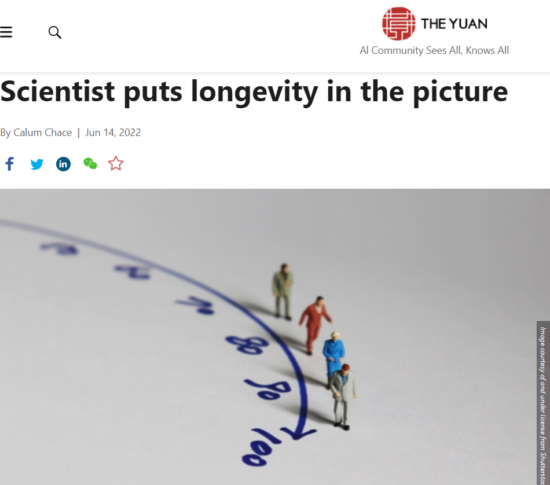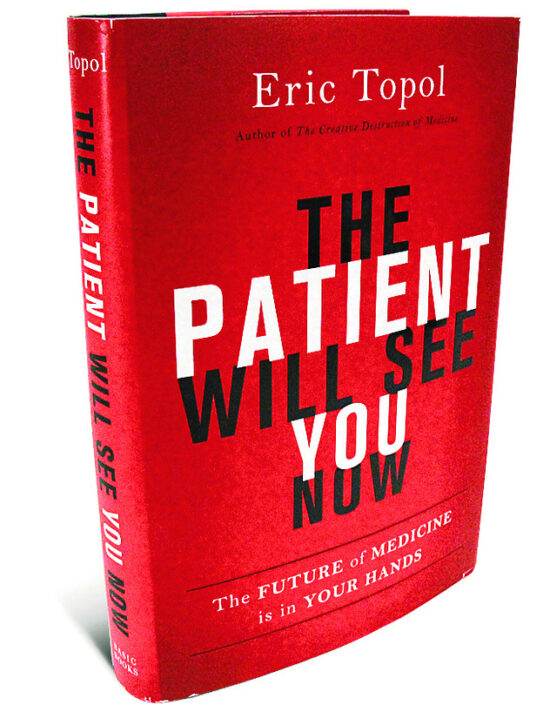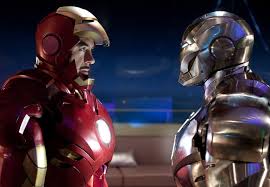AI Will Convert Space Telecoms From Science Fiction To Reality
We all know that artificial intelligence is transforming every industry. One industry which is nascent today, but will be critical to us all in the future, and which could hardly exist without AI, is space telecoms - or Non-Terrestrial Networks, as participants prefer to call it. At a conference on NTNs in Riyadh last month, industry leaders discussed how to ensure its potential benefits are realised, including global connectivity, better understanding of our planet, and progress towards a multiplanetary future. The Importance Of NTNs One reason why NTNs are so important is that they will bring true connectivity to the...




